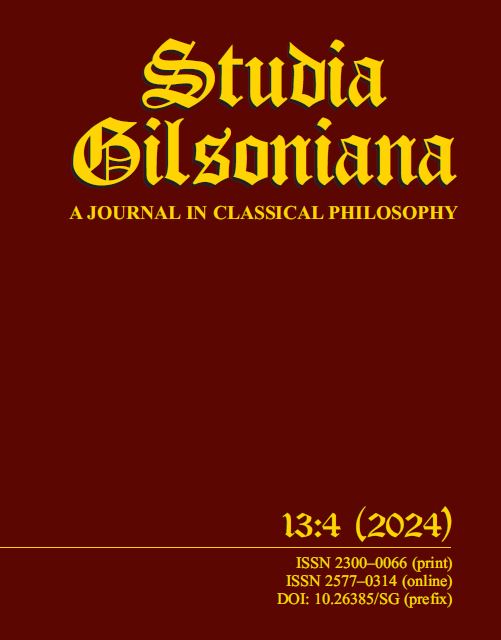Church and State: Separation or Distinction-a Philosophical Perspective
Church and State: Separation or Distinction-a Philosophical Perspective
Author(s): Jan KłosSubject(s): Philosophy, History of Philosophy, Special Branches of Philosophy
Published by: International Étienne Gilson Society
Keywords: Acton; Church; degrees of freedom; distinction; Korfanty; Locke; Newman; separation; State
Summary/Abstract: The issue of separation or distinction between the Church and the State has rarely been discussed. More often it has fallen prey to pragmatic solutions. When we look at the history of Church-State relations, we can observe either cooperation or hostility. The Church is looked upon with a sympathetic eye when it supports certain political solutions and with hostility when it criticizes the State. In the case of cooperation, the distinction is apparently acceptable; in the case of hostility, separation is recommended. This article primarily seeks to show the difference between separation and distinction. Both terms appeared in John Locke’s notable Letter Concerning Toleration. Unfortunately, even this philosopher failed to see the difference between the two terms. Assuming that man has many degrees of freedom within the State, the Church is needed as an institution separate from the State to help understand the profound meaning of human freedom, yet free to speak with its own voice and in accordance with its mission. The Church also needs to be aware of the fact that it is distinct from the State, being wary of any close political involvement.
Journal: Studia Gilsoniana
- Issue Year: 13/2024
- Issue No: 4
- Page Range: 781-814
- Page Count: 34
- Language: English

